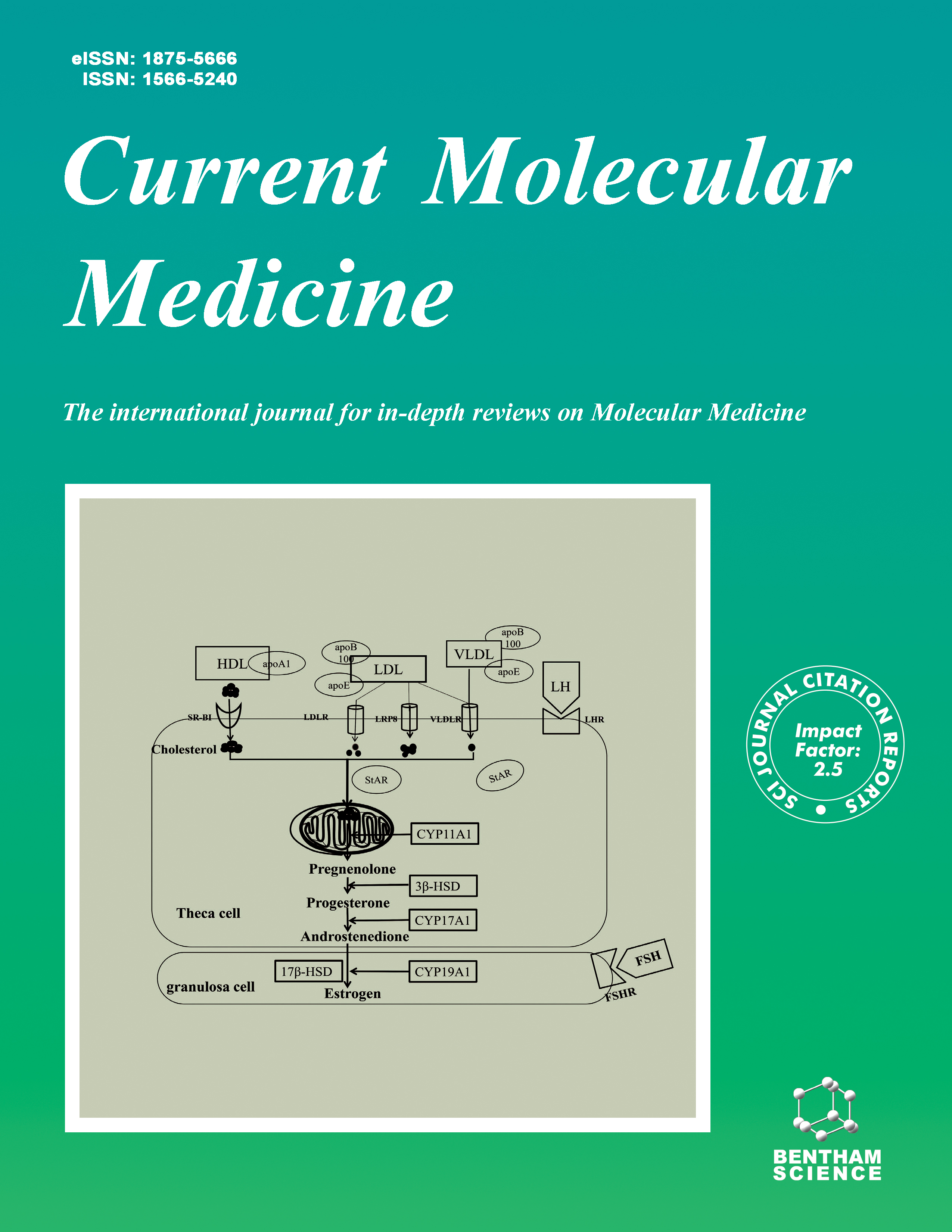-
oa M2-like Macrophages-derived CCL17 Promotes Esophageal Squamous Cell Carcinoma Metastasis and Stemness via Activating CCR4-mediated ERK/PD-L1 Pathway
- Source: Current Molecular Medicine, Volume 25, Issue 9, Sep 2025, p. 1143 - 1153
-
- 20 Mar 2024
- 19 Sep 2024
- 25 Oct 2024
Abstract
High morbidity, high mortality and poor prognosis of esophageal squamous cell carcinoma (ESCC) highlights the urgent need for novel therapeutic strategies against ESCC. The current study addresses the precise role of M2-like macrophages-derived CCL17 in ESCC progression and to thoroughly elucidate the intrinsic molecular mechanisms.
In this work, for functional experiments, Eca109 cells cultivated in M2-CM were treated with anti-IgG (50 µg/ml) or anti-CCL17 (50 µg/ml) to expound the tumor-promoting effects of M2-like macrophage-derived CCL17 in ESCC. Moreover, for rescue experiments, Eca109 cells were treated with CCL17 (50 ng/ml) and/or CCR4 antagonist AZD2098 (20 µM) to probe whether CCL17 could influence the malignant behaviors including migration, invasion and stemness of ESCC cells via activating CCR4/ERK/PD-L1 pathway.
Markedly enhanced CCL17 secretion was observed in M2-like macrophages. CCL17 bound to CCR4 to activate ERK/PD-L1 signaling. M2-like macrophages-derived CCL17 facilitated ESCC cell migration and invasion and enhanced stemness characteristics of ESCC cells, which were partially reserved by AZD2098 treatment. The tumor-promoting effects of M2-like macrophages-derived CCL17 on ECSS was depended on the activation of CCR4/ERK/PD-L1 pathway.
To conclude, M2-like macrophages-derived CCL17 could facilitate ESCC cell migration and invasion and enhance stemness characteristics of ESCC cells via activating CCR4/ERK/PD-L1 signaling.


